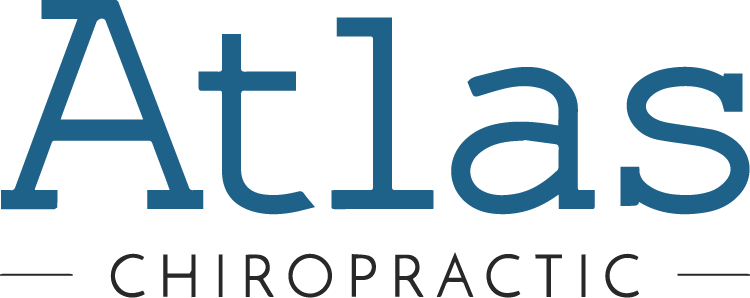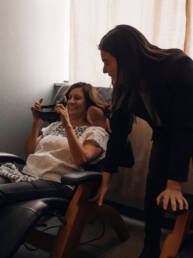Schedule your FREE 15 minute consultation with Atlas Chiropractic
At Atlas Chiropractic, our Greater Boulder area chiropractors specialize in providing relief for individuals experiencing back, neck, or shoulder pain, as well as those dealing with headaches or vertigo. We offer specialized chiropractic care and tailored spinal adjustments, along with expert opinions and advice.






